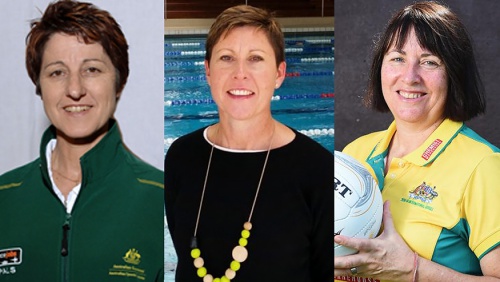
IT’S a question I have often asked of coaches: “If you predicted the life ahead facing the prospect of being sacked at any time or experiencing frustration like you had never imagined, would you become a full-time coach of a major sporting team?”
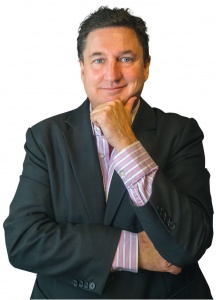
One hundred per cent of respondents say: “Absolutely, yes”.
You wouldn’t expect anything else given the profile of people who take on such roles.
Coaches need to be the ultimate multi-tasker with the ability to deliver an understandable game plan, they must know their athletes and what makes them tick, and they need to be firm but empathetic at the same time to get the best out of their charges.
That’s just the athletes and players covered! Then there’s the board, management, sponsors and families.
Over the past couple of months I’ve spent a lot of time speaking with coaches in Canberra about how they handle pressure and what makes them successful and have come away with the understanding that they are among the most impressive and driven people I have encountered.
At times there is self-doubt, but at the same time, a strong belief in what they are doing. Their eye for detail would leave many an auditor in their wake.
The empathy they show towards their athletes is extraordinary. Canberra swimming coach Tracey Menzies still expresses emotion when she relives the pressure in the lead up to and during the 2004 Athens Olympics after the reigning world champion in the 400 metres, Ian Thorpe, was disqualified after falling from the blocks at the trials. History reveals he went on to gain a place in the 400 metres freestyle and win gold. The pressure endured by coach and athlete was something few of us will ever experience. How she handled it as a coach is a credit to her strength of character more than anything else. One thing that shines through is the role her support network played in helping to maintain stability.
Lisa Alexander has coached the Australian netball team since 2011. They are currently the number one team in world netball and the reigning Commonwealth Games gold medallists from Glasgow. Despite her success, Lisa says she is still learning, still seeking influences from outside her sport.
Time spent with England rugby union coach Eddie Jones, for instance, is now part of her coaching philosophy. One thing that emerges following a talk with Lisa is her desire to keep challenging herself and her players.
The way she handled pressure during the 2015 World Cup campaign in Sydney is a case in point. She had to counter the weight of expectation as much as anything else. Lisa had to make sure her side remained confident after losing their final pool game to NZ 52 to 47. The Diamonds recovered to win the final against the Silver Ferns 58 to 55.
Another Canberra-based Centre of Excellence coach, Jan Stirling, led the Australian women’s basketball team to gold at the World Championships in Brazil in 2006.
There were plenty of curve balls thrown at her side including an unexpected bye in the first round when their opposition failed to arrive on time. They played the home team Brazil twice before defeating Russia in the final.
Jan comes across as a no-nonsense style of coach but with the ability to know when players need empathy.
Both Jan and Lisa emphasised the importance of ensuring all players in the squad get game time. If a key player suffers an injury the player to fill the breach needs to be game-ready and that’s not possible if the replacement hasn’t had sufficient game time.
All three coaches expressed how important family is to a successful athlete. So much so that the coaches rejoice as much in an athlete’s family’s joy after a victory as they do with the athlete. All three made sure they knew as much about the athlete’s family and support network as possible.
It says a lot about a coach when they have the ability to recognise that there are many influences, not just technical and physical, which are part of the DNA of a successful athlete.
Who can be trusted?
In a world of spin and confusion, there’s never been a more important time to support independent journalism in Canberra.
If you trust our work online and want to enforce the power of independent voices, I invite you to make a small contribution.
Every dollar of support is invested back into our journalism to help keep citynews.com.au strong and free.
Thank you,
Ian Meikle, editor
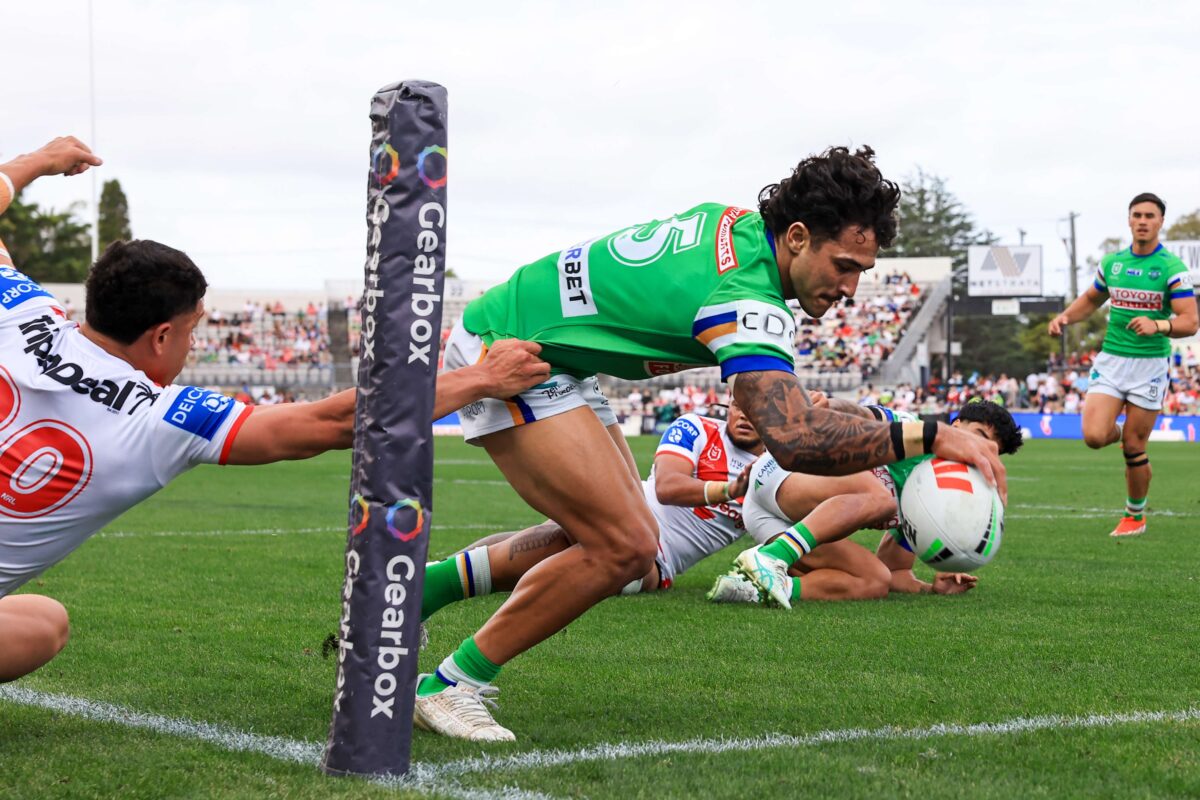
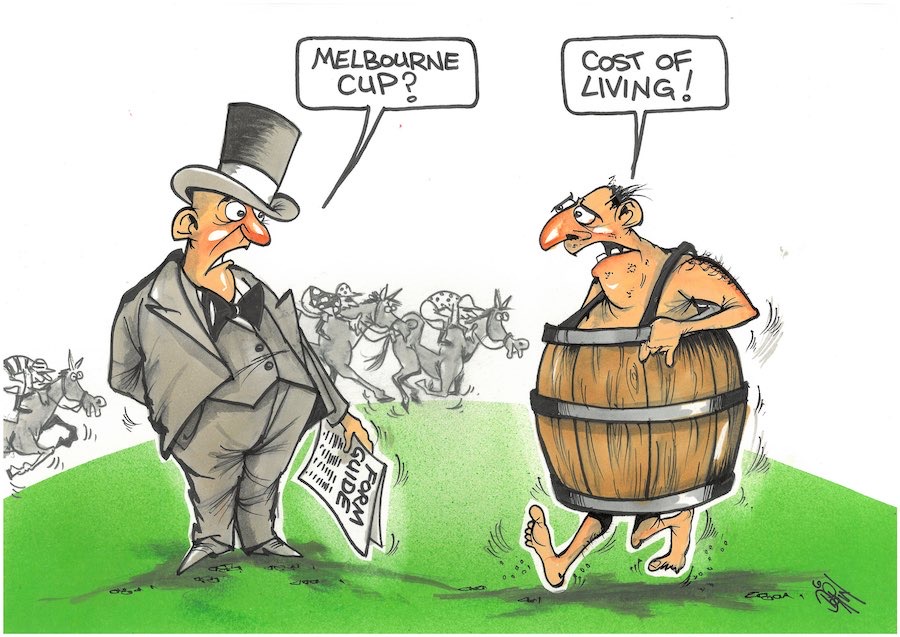
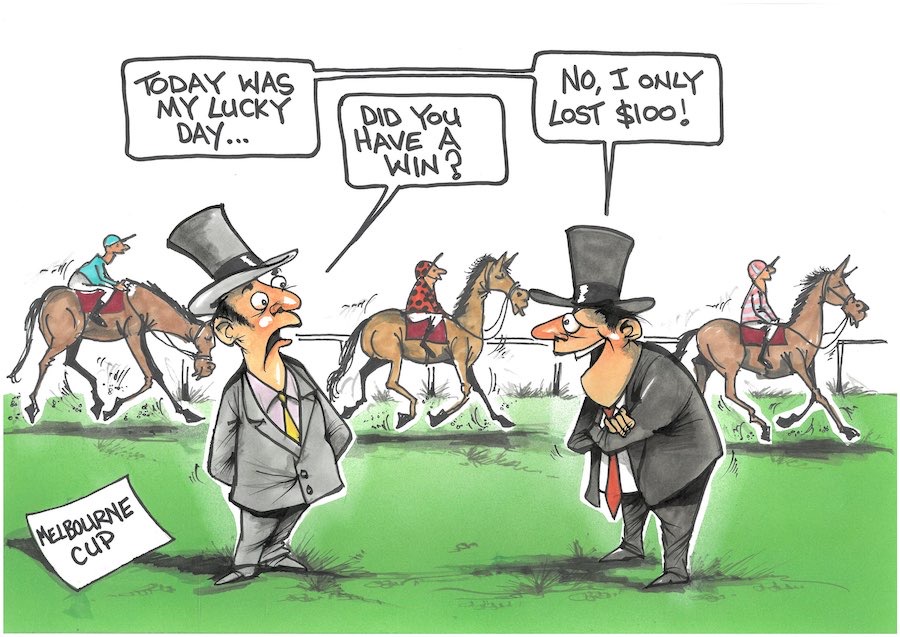





Leave a Reply